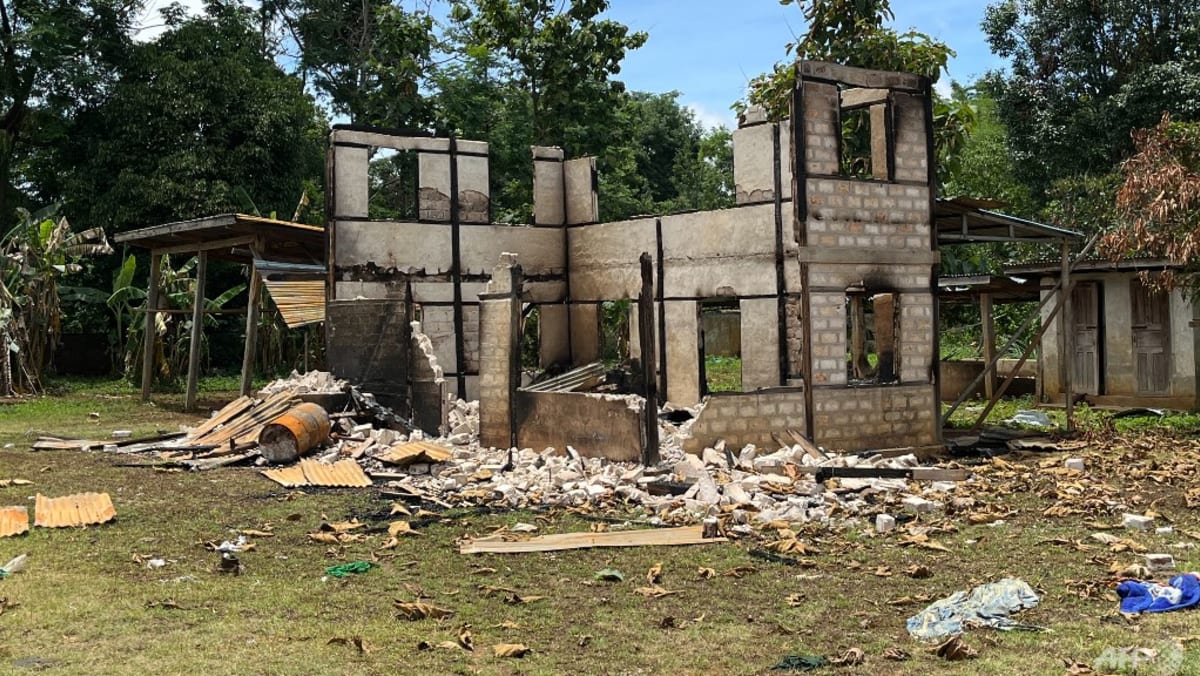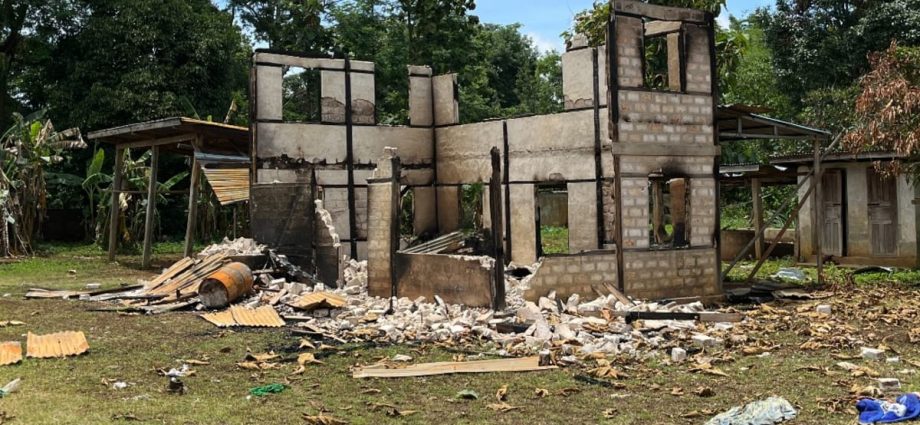
As Richard Horsey, senior Myanmar adviser with the International Crisis Group, put it to me, the first imperative is to stop the situation from getting worse. He points out that combined with the passage of time, the theatre around the vote this year creates the risk – especially for non-democratic countries in the region – that foreign leaders will be tempted to accept the election result as the best of only bad options, and move on. After all, Myanmar has been a trouble spot for decades.
Holding the line will be especially challenging if military chiefs move tactically to release Aung San Suu Kyi or loosen the conditions of her detention after the vote, which as Aaron Connelly of the International Institute for Strategic Studies explains, would split ASEAN and the broader international community, and risks splintering resistance to the junta as well, by encouraging the NLD to rally alone behind her.
It is vital to keep up the pressure.
LIMITED LEVERAGE, NOT NONE
The West can sustain and add to bilateral sanctions, even if UN measures remain unlikely because of China and Russia’s use of their veto power. Existing sanctions have not changed minds and are unlikely to do so soon – the military has had decades of experience in circumventing restrictions – but such measures signal intent, and they do hurt.
Western governments will not send weapons, but they can provide other support to the shadow National Unity Government and those resisting on the ground, encouraging coordination, funneling humanitarian aid through local organisations and, most of all, continuing to emphasise its credibility. The West has limited leverage, not none.
Western powers can do far more to press those around Myanmar to step up, not least by encouraging restrictions on arms sales. They can also preempt efforts from neighbours that would legitimise the junta’s election, say offering assistance or sending observers, as India has before.
New Delhi and Beijing have had other priorities, but China in particular is loath to have a tinderbox on its doorstep, and should be encouraged to provide even tacit opposition. There is little love lost, after all, between the military and Beijing.
The small success of seeing the UN Security Council adopt its first resolution on Myanmar in over seven decades last month is a largely symbolic step – there is still no formal UN arms embargo – but a hopeful one. So is the continued presence of an ambassador representing the ousted Aung San Suu Kyi government. Other countries with remaining ties, like Japan, should also be put on the spot.

